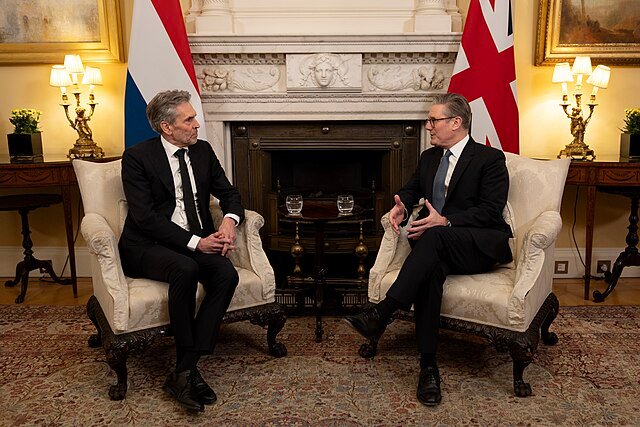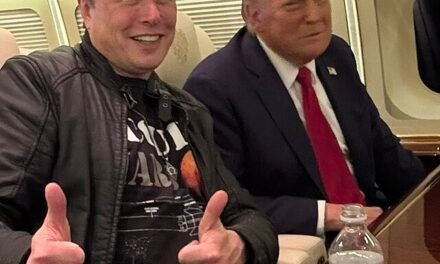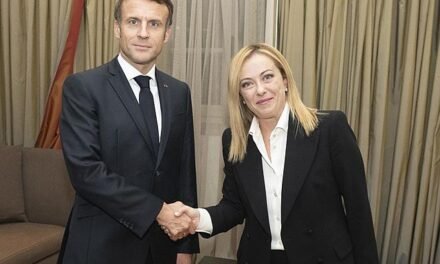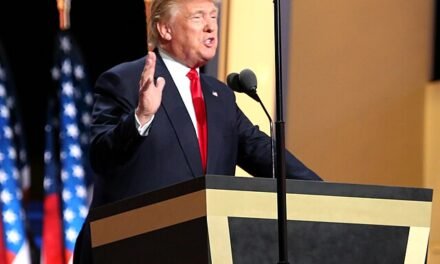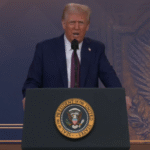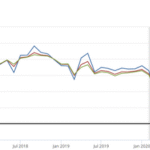In The Hague’s historic parliament halls, where portraits of past leaders loom over heated debates, Prime Minister Dick Schoof stood before lawmakers on Wednesday, his voice steady but urgent. Just a day after far-right leader Geert Wilders toppled his coalition government, Schoof, now a caretaker prime minister, pleaded for bipartisan support to keep defense and security policies on track. The collapse, triggered by a clash over immigration, has left the Netherlands in a political lurch, with snap elections looming and a critical NATO summit just weeks away. As Schoof navigates this storm, he’s asking a fractured parliament to unite for the nation’s stability.
The government’s fall came swiftly on Tuesday, when Wilders’ Party for Freedom (PVV) quit the coalition over its refusal to back his radical 10-point immigration plan, which included closing borders to asylum seekers, deploying the army to patrol them, and deporting Syrian refugees. Legal experts deemed parts of the plan, such as banning family reunification, in violation of EU human rights laws and the UN refugee convention. “I signed up for the toughest asylum policy, not the downfall of the Netherlands,” Wilders told reporters, explaining his exit. Schoof, who resigned hours later, called the move “irresponsible and unnecessary,” warning of major challenges ahead. He formally offered his cabinet’s resignation to King Willem-Alexander, leaving his team—minus PVV ministers—to govern in a caretaker role until elections, likely in October.
Schoof’s appeal to parliament focused on urgent priorities: military support for Ukraine, defense spending, and preparations for the NATO summit in The Hague, where leaders will push to raise defense budgets from 2% to 5% of GDP. “We face a war on our continent and economic threats at home,” Schoof told the 150-seat lower house, his words echoing the gravity of hosting global leaders in three weeks. The Netherlands, a key Ukraine ally, has committed €2.6 billion for air defense systems and plans to buy Leopard tanks and F-35 jets, but these require parliamentary approval. Frans Timmermans, the left-wing opposition leader, pledged to work with Schoof on security, accusing Wilders of sowing “disagreement and paralysis.”
The collapse exposes deeper fault lines. The coalition—PVV, the conservative VVD, centrist NSC, and populist BBB—formed in July 2024 after Wilders’ surprise election win in November 2023, securing 37 seats. Schoof, a former intelligence chief with no party affiliation, was a compromise pick for prime minister after Wilders faced resistance over his anti-Islam views. But tensions simmered, with Wilders frustrated by the slow pace of his “strictest-ever” asylum policy. His exit, which leaves the coalition with just 51 seats, has sparked anger. “This is super-irresponsible,” said NSC leader Nicolien van Vroonhoven. “We have a war in Europe, and Wilders

